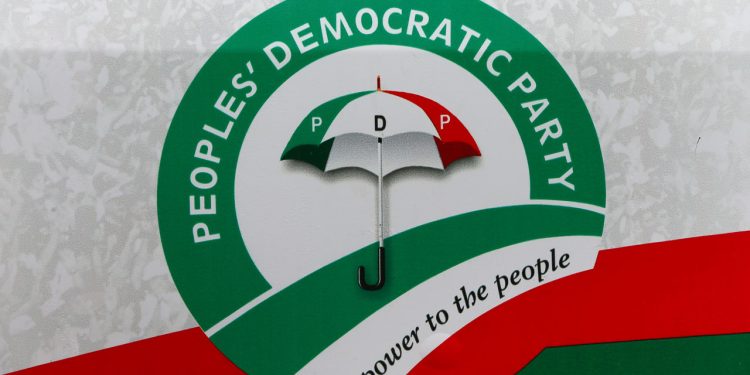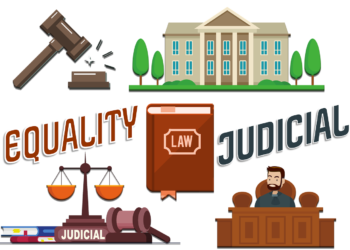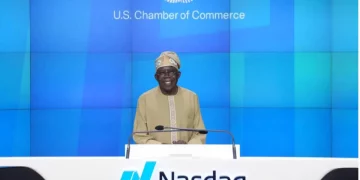In a notable revelation during his inaugural press conference as Minister of Finance and Coordinating Minister of the Economy, Chief Olawale Edun candidly acknowledged that the nation’s economic stability had been elusive for nearly a decade.
This admission has sent ripples across the political landscape and has led to intense scrutiny of the ruling All Progressives Congress (APC) government’s economic performance, especially during the tenure of former President Muhammadu Buhari.
Implicit Admission of APC’s Economic Challenges
Chief Edun’s candid acknowledgment indirectly highlights a critical issue – the economic challenges that Nigeria has faced during the period of APC rule.
By explicitly noting that the last period of economic stability was nearly a decade ago, Edun implies that the current administration has struggled to maintain economic stability and growth.
This assertion essentially traces the timeline of Nigeria’s economic woes back to the period when the APC took the reins of power.
While Edun didn’t explicitly mention the opposition People’s Democratic Party (PDP), the implication is that the last era of economic stability coincides with the PDP’s time in power.
This has led to extensive discussions and debates on whether the APC’s economic policies and leadership have been effective in steering the nation toward prosperity.
Chief Edun Notable Comment
In his words, the minister said, “If we think back to the last time when the economy was stable- when it was growing, when inflation was low, and the interest rate was affordable, that period was about a decade ago. Growth was about 6% in 2013 and 2014.”
Chief Olawale Edun thereby implicitly admitted that the last time the Nigerian economy was stable was when the opposition People’s Democratic Party (PDP) was in power.
Interrogating APC’s Economic Policies
Edun’s acknowledgment has ignited a thorough examination of the APC’s economic policies, particularly during the administration of former President Buhari.
It has become a focal point for critics who argue that the APC government has not been able to provide the economic stability that Nigerians expected when they came into power.
Critics point to issues such as sluggish economic growth, double-digit inflation, a weakening exchange rate, and increasing poverty levels as indicators of the challenges that have persisted during the APC’s rule.
They argue that if the last period of economic stability was nearly a decade ago, it implies that the APC has failed to replicate or sustain the favourable economic conditions that existed during the PDP’s era.
Implications for the APC’s Legacy
Chief Olawale Edun’s candid acknowledgment of the nation’s economic instability has far-reaching implications for the legacy of the APC as a political party and the leadership of former President Muhammadu Buhari.
It underscores the need for a critical evaluation of the party’s economic policies and the effectiveness of its leadership in addressing the nation’s economic challenges.
While the APC government has initiated various economic programs and reforms, including diversification efforts, infrastructure development, and anti-corruption campaigns, the acknowledgment by the finance minister raises questions about the outcomes and impact of these initiatives.
It also serves as a call to action for the APC-led government to address the economic concerns that have persisted during its tenure.
Clariform Perspective: Predictions for the Future
The implications of Chief Olawale Edun’s acknowledgment extend to the future of Nigeria’s economic and political landscape. It may influence the priorities and strategies of the APC-led government as it seeks to address the nation’s economic concerns and shape its legacy in the years to come.
The acknowledgment by Chief Edun continues to fuel discussions and debates on the APC’s economic performance. Nigerians are eager to see concrete actions and policies aimed at addressing the economic challenges that have persisted for nearly a decade.












